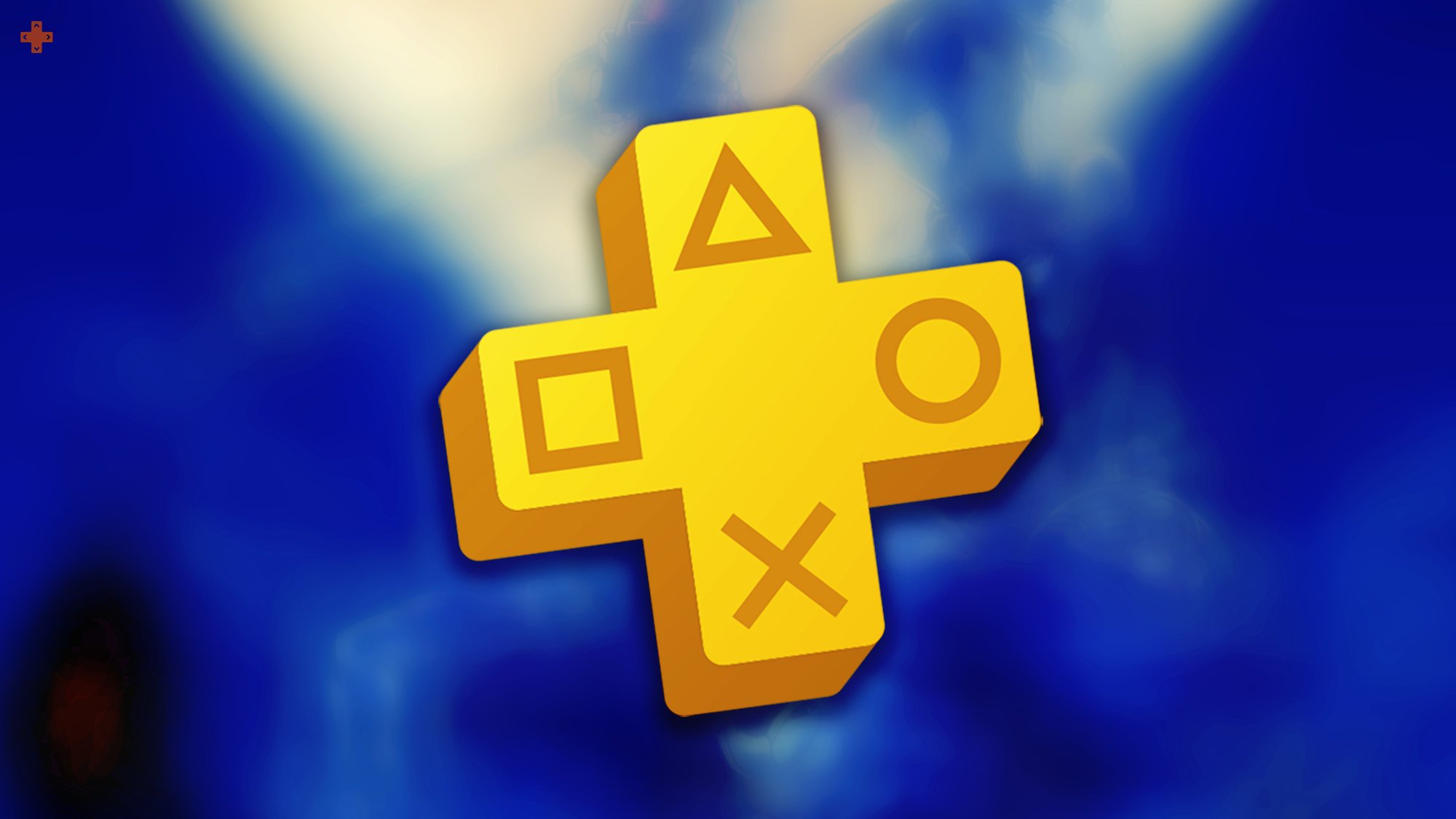A saying oft repeated in discussions of French diplomacy stipulates that “a French president’s mandate begins in Algiers and ends in Rabat.” This axiom has proven strikingly prescient. Consider the letter French President Emmanuel Macron recently sent to Morocco’s King Mohammed VI, officially recognizing Moroccan sovereignty over Western Sahara.
This decision not only reinforces the growing international consensus on the resolution of this long-standing conflict, it reshapes the balance of power in the region.
To fully grasp the significance of this policy shift, it is crucial to examine the complex web of historical relationships, recent diplomatic tensions, and evolving geopolitical realities that have shaped France’s decision. The roots of this move lie not only in the intricate history of French presence in North Africa but in more recent strains in Franco-Moroccan relations, attempts at rapprochement with Algeria, and broader challenges to French influence across the African continent.
Historical Context
France’s legacy in North Africa, particularly its 132-year rule of Algeria that ended with a war of independence in 1962, still casts a long shadow over its relations in the region. While Morocco gained independence in 1956 through a relatively smoother process, maintaining closer ties with France, Algeria’s relationship with its former colonizer has been marked by periods of tension and attempts at reconciliation. This historical context has complicated France’s ability to maintain balanced relationships with both countries, especially given their opposing stances on the Western Sahara issue.
The Western Sahara dispute itself dates back to 1975 when Spain withdrew from the territory. Morocco subsequently claimed sovereignty, while the Polisario Front, an armed insurgent group hosted and backed by Algeria, has long advocated for the territory’s independence. The conflict has resulted in decades of diplomatic stalemate and periodic armed confrontations.
Recent Strains in Franco-Moroccan-Algerian Relations
In recent years, Franco-Moroccan relations have been strained by a confluence of factors, primarily stemming from French attempts at rapprochement with Algeria. The complex dynamics between these three countries have created a situation where any significant improvement in Franco-Algerian ties is seen as contingent upon a weakening of the Franco-Moroccan relationship. This understanding has been a key factor in Algeria’s diplomatic approach, effectively making it a precondition for any meaningful transformation in its relations with France.
This dynamic has contributed significantly to the cooling of relations between Paris and Rabat. France’s attempts to improve its relationship with Algeria have been viewed with suspicion in Morocco, not merely as a rebalancing act, but as a potential threat to its own strategic partnership with the European Union, where France exercises significant influence.
The delicate balancing act France must perform in its North African diplomacy is thus not just about maintaining equal relationships, but about navigating a landscape where progress with one party is perceived as necessarily coming at the expense of another. However, broader geopolitical factors have also played a crucial role in shaping France’s decision.
France’s Strategic Challenges in Africa
France’s decision to recognize Moroccan sovereignty over Western Sahara must also be understood in the context of its strategic setbacks across Africa. The forced withdrawal of French troops from Mali in 2022, growing anti-French sentiment in countries like Burkina Faso and Niger, and increasing economic competition from China, Turkey, and Gulf states have all contributed to a sense of urgency in Paris to shore up its strategic partnerships in the region. Morocco, with its stable government that has historically been friendly to France, and its increasing diplomatic clout in West Africa, presents an attractive ally.
The specter of Russian entanglement in Africa has further galvanized French strategic thinking. The presence of Russian-state-tied private military companies such as the Wagner Group in Mali and the Central African Republic, increased Russian arms sales to African nations, and disinformation campaigns that often fuel anti-French sentiment have all contributed to France’s concern about its waning influence.
Morocco’s consistent pro-Western stance and limited engagement with Russia therefore make it an even more valuable partner. These factors have set the stage for France’s bold diplomatic move.
Economic and Diplomatic Implications
By recognizing Moroccan sovereignty over Western Sahara, France is making a calculated bet to strengthen its alliance with a partner it sees as crucial for its strategic interests in the region. This move could pave the way for increased economic cooperation and French investment in Morocco and the Western Sahara region, particularly in sectors like energy and infrastructure.
This decision carries significant implications, particularly in the context of France’s position as a permanent member of the United Nations Security Council (UNSC). With this move, France becomes the second permanent UNSC member to explicitly support Morocco’s position, following the United States’ recognition under President Trump in December 2020 as part of a broader Abraham Accords process. France’s decision further solidifies this approach within the Security Council, potentially influencing the future direction of the UN-led peace process.
Security Council Dynamics
The stance of other UNSC members further complicates the picture. China maintains neutrality on Western Sahara while enjoying strong economic ties with Morocco and significant military relations with Algeria. Russia, traditionally an Algerian ally and a vocal opponent of U.S. recognition of Moroccan sovereignty, has remained uncharacteristically silent following France’s announcement, despite deep cleavages between Russia and France in West Africa. This silence may indicate mounting tensions in the Russia-Algeria relationship or a recalibration of Russia’s priorities in the region.
Meanwhile, the new UK Labour government has expressed support for “a just, lasting, and mutually acceptable political solution, based on compromise,” while steering clear from Jeremy Corbyn’s Labour’s pro-Polisario positions, suggesting a desire to maintain stable working relations with the kingdom.
Algerian Response and Risks of Escalation
The immediate recall of Algeria’s ambassador to France following the announcement underscores the severity of the Algerian response. Algeria’s Ministry of Foreign Affairs issued a scathing statement, calling France’s decision “the result of a dubious political calculation, a morally questionable judgment, and legal interpretations that are neither supported nor justified.” This reaction reinforces the notion that Algeria is not merely a supporter of Polisario but a direct party to the conflict over Western Sahara.
Algeria may choose escalate its support for Polisario, potentially through increased military aid or more aggressive actions against Moroccan interests. Additionally, Algeria’s ability to weaponize its energy exports against France, as it has previously done against Morocco and Spain, should not be underestimated.
A crucial factor to consider in the wake of France’s decision is the potential for armed escalation. Following U.S. recognition of Moroccan sovereignty over Western Sahara in 2020, Polisario resumed armed hostilities against Morocco, a move that could not have happened without Algeria’s explicit blessing. In light of France’s recent move, Polisario might once again opt for a path of armed escalation. The scope of any such escalation remains to be seen, but it represents a risk that could further complicate efforts to resolve the conflict.
Conclusion
France’s recognition of Moroccan sovereignty over Western Sahara represents a calculated strategic maneuver with far-reaching implications. By aligning with the U.S. position and narrowing the scope for alternative proposals, France has decisively tilted the scales in Morocco’s favor. This move not only cements Morocco’s position but also signals a broader shift in Western policy towards the conflict.
As the dust settles, the international community grapples with the implications of this decision. The UN-led peace process and the mandate of MINURSO—the UN peacekeeping mission in Western Sahara – face uncertain futures, potentially requiring a significant review. Regional stability hangs in the balance, with the threat of further military escalation by Polisario. Other Security Council members must now reassess their positions, potentially leading to further realignment or increased polarization in international stances on the Western Sahara issue.
As the next French and U.S. administrations chart their course, the durability of shift will be tested, potentially redefining Western engagement with the Maghreb. It may also set a precedent for resolving long-standing territorial disputes across Africa and beyond.






